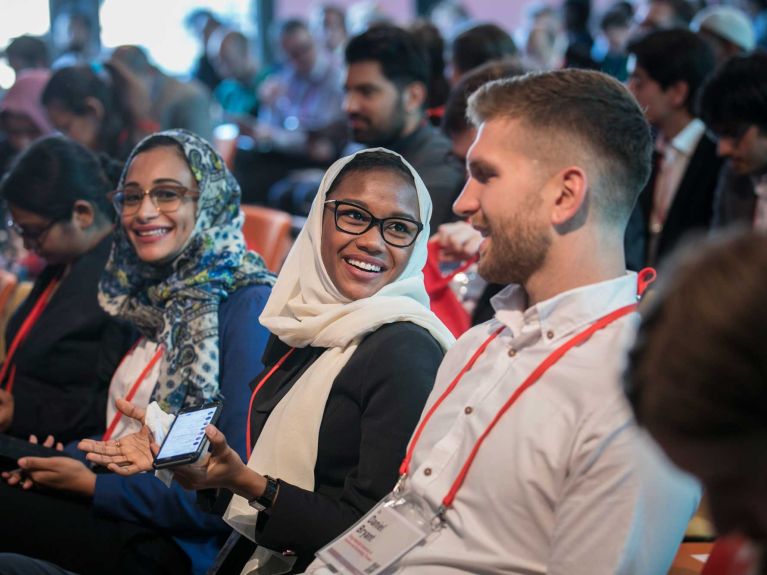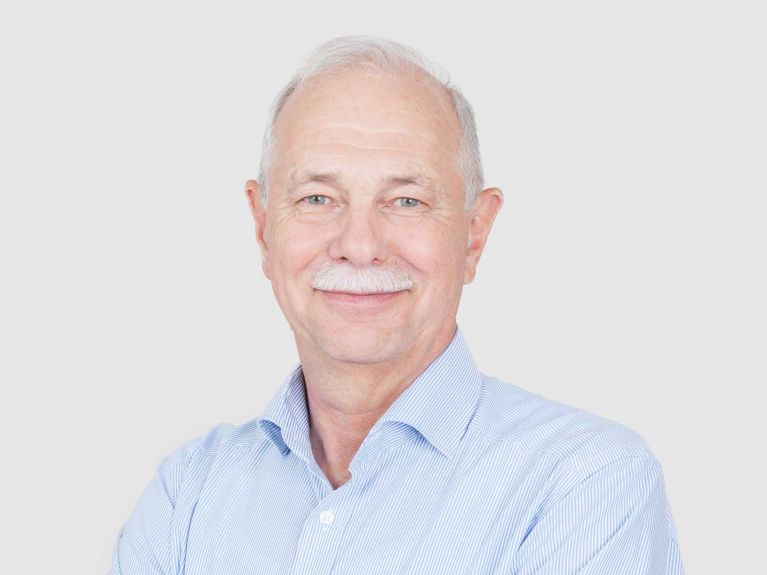“Scientists must intervene”
The Falling Walls Conference 2018 will be getting scientists from all over the world on stage in Berlin. They will be discussing subjects that can change the world.

In his role as chairman of the Board of Trustees at the Falling Walls Foundation, Jürgen Mlynek will be welcoming top international academics and young talents to Falling Walls 2018 in Berlin.

Professor Mlynek, what are the focal topics at Falling Walls 2018?
Many of the lectures and discussions will be devoted to artificial intelligence under the umbrella topic of “The Human Genius in the Age of Artificial Intelligence”. During the main Falling Walls programme, Leibniz Prize-winner Bernhard Schölkopf among others will be raising the subject of artificial intelligence. We will be covering a broad range of topics: from neuroscience and sustainability in industry to the question of the future of democracy.
Free academic exchange has come under pressure worldwide. Populist and nationalist voices are becoming louder. What impact does this have on science?
We scientists must intervene to a greater extent. We need European cohesion and we need academic cooperation. Otherwise we will no longer be able to keep pace with the US and China. However, even these countries cannot resolve the major scientific questions of the future on their own. We all need to pull together, setting aside our specific national interests. This is something the Falling Walls Conference can promote in a very convincing manner – through international scientists who publicly present the social value of their work.
Dieses YouTube-Video kann in einem neuen Tab abgespielt werden
YouTube öffnenThird party content
We use YouTube to embed content that may collect data about your activity. Please review the details and accept the service to see this content.
Open consent formThe Falling Walls Lab is targeted at young researchers?
Yes, 100 young people from all over the world will be coming to Berlin. They qualified for the event by taking part in Falling Walls Labs in numerous countries, as well as in competitions staged by the German Centres for Research and Innovation (DWIH) in New York, São Paulo, Moscow, New Delhi and Tokyo. Their challenge is to give a three-minute lecture in which they explain the relevance of their current research. These are precisely the articulation skills needed to begin a dialogue with society and indeed with politicians.
Interview: Johannes Göbel
Newsletter #UpdateGermany: You would like to receive regular information about Germany? Subscribe here to:

